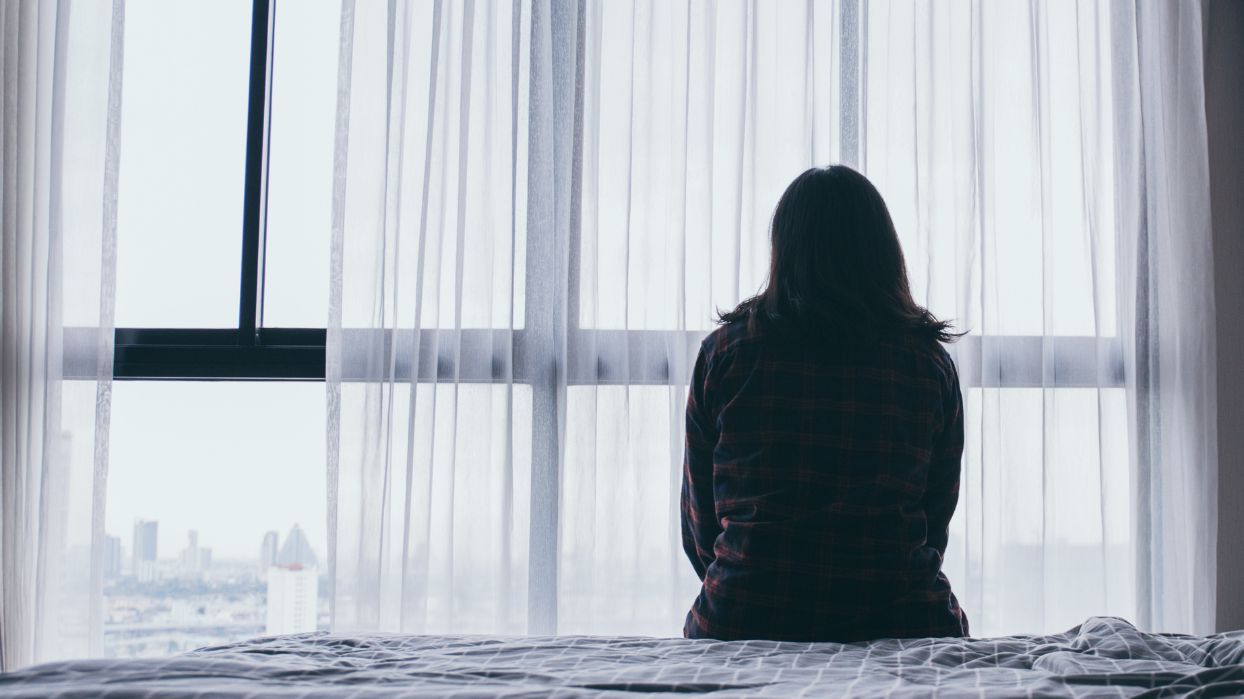In England, when the family court decides who a child should live or spend time with following divorce, there is a presumption that the involvement of both parents in the child’s life will further the child’s welfare. This is known as the statutory presumption of parental involvement.
In this article, paralegal and former independent domestic violence advisor (“IDVA”) Lea Levine considers the potential damage this presumption can have in child proceedings that involve allegations of abuse by one parent towards the other.
The University of Manchester undertook a study in September 2023 regarding fathers’ responses to allegations of domestic abuse towards their partner in children proceedings where there was an interplay with the concept of ‘parental alienation’. Of 45 women who had accused their partners of domestic abuse in children proceedings, 39 were counter-accused of alienating the children against the other parent.
The presumption in favour of parental involvement
The statutory presumption in favour of parental involvement has shaped a ‘pro-contact’ culture in the English legal system for many years and, arguably, reinforced by its insertion into statute in 2014. The argument that the involvement of both parents enhances a child’s welfare has formed the basis of many ordersfor contact between a child and parent. However, it can be concerning if the family court prioritises the need for contact with a parent without fully recognising the risk of harm to that child of witnessing coercive control towards a parent.
A leading study by psychologist Jane Callaghan on the impact of a coercive and controlling parent demonstrates that children are more prone to self-loathing and self-harming when they have witnessed such behaviour. Children living with a parent exerting coercive control are likely to be aware of the abuse. Studies have expressed concern that such children become experts at self-management, determining safe spaces while there is inter-parental conflict taking place.
The studies show that this affects the child’s interpersonal skills, making them more prone to engage in an abusive relationship themselves. Furthermore, children often endure similar fear and control to the victim, irrespective of whether the coercive and controlling behaviour is directed specifically at them.
How does the court deal with allegations of domestic abuse?
Practice Direction 12J (“PD 12J”) of the Family Procedure Rules sets out how the court should deal with any application relating to children where there are allegations of domestic abuse. Despite hopes that PD 12J would tip the scale in favour of removing contact between a child and a perpetrator, the case of A v C [2018] clearly stated that PD 12J does not create such a presumption. This precedent stands at odds with the practice direction, which emphasises the emotional and psychological harm a child may suffer from living in a home where domestic abuse is perpetrated.
More recently, the Domestic Abuse Act 2021 has brought the harm caused to a child witnessing abuse into sharp focus. Yet, case law has established an exceedingly high threshold for departure from the presumption of parental involvement. The threshold requires “cogent” or “compelling” reasons for no contact to be ordered. This has led some experts, such as Callaghan, to argue that children can often be “passive witnesses of abuse”.
Arguably, such an attitude is harmful because it removes the child’s victim status and fails to consider the indirect harm an abusive household can cause to a child’s emotional wellbeing. In essence, these recent studies demonstrate that the court can appear to struggle to balance the issues related to domestic abuse and the presumption of parental involvement.
Parental alienation
The Children and Family Court Advisory and Support Service (Cafcass) uses the term “parental alienation” to describe circumstances where there is an ongoing pattern of negative attitudes, beliefs and behaviours of one parent (or carer) that have the potential or expressed intent to undermine or obstruct the child’s relationship with the other parent.
The term has gained traction following the decision in Re C (Parental Alienation: instruction of expert) [2023], in which a mother failed in her appeal against the removal of her children from her primary care to their father’s under grounds of parental alienation. The mother and third-party intervener (the Association of Clinical Psychologists (“ACP”)) argued that the psychologist who made the diagnosis of parental alienation was not qualified to make such a diagnosis. The ACP’s position was that individuals who may only have a basic qualification in psychology may refer to themselves as ‘psychologists’ for the purpose of proceedings. However, the ACP states that a non-regulated psychologist (as was the case here) is not qualified to undertake psychological assessments in family court proceedings. This was based on the premise that psychological assessment tools, which are not available to all who call themselves psychologists, must be used.
Given the severity of parental alienation cases where children are at risk of being removed from the resident parent, it seems logical that high thresholds for expert evidence should be implemented. However, in Re C, Sir Andrew McFarlane dismissed the ACP’s argument, stating it was not the place for interveners to litigate the psychologist’s fitness as an expert. Accordingly, Sir Andrew McFarlane concluded that while ‘psychologist’ is an open and confusing term, it is for parliament to tighten the regime, perhaps making it akin to the strict regulatory scheme applied in medical evidence.
Following Re C, Sir Andrew McFarlane published guidance regarding the instruction of psychiatrists. However, the family court still cannot prohibit the instruction of an unregulated psychologist, as the issue of whether a proposed expert can be regarded as an expert is a question for the individual court.
A recent BBC article considered the devastating effect of counter allegations of ‘parental alienation’ in children proceedings, where children are forced into contact with fathers accused of abuse. This has brought the issue to the forefront of judicial and parliamentary discussion. Most shockingly, the article reveals that in some cases, the fathers were convicted paedophiles. It is no wonder the investigation found that five mothers died, either by taking their own lives or having a heart attack from “broken heart syndrome”. Where allegations of abuse are found to be true, the court should move away from the archaic belief that contact with both parents is pivotal for a child’s emotional, psychological and developmental health.
Family law barrister Lucy Reed KC’s compellingly comments that the use of parental alienation claims is a handy tool for abusers, and its acceptance by the court is a national scandal. Thankfully, some progress has been made in the recent appeal of GB, Re (part 25 Application: Parental Alienation) [2023] EWFC 150 (30 August 2023). In this case, Dr Charlotte Proudman successfully represented a mother in an appeal in which she argued it was wrong to appoint a psychologist to decide whether the mother alienated the child, as alleged by the father. The judgment reinforces that parental alienation is not a psychological diagnosis (it is not recognised by the World Health Organization, the National Institute for Health and Care Excellence or in the Diagnostic and Statistical Manual of Mental Disorders). Parental alienation, much like domestic abuse, is a factual issue for judges to decide.
Conclusion
Senior Associate Rosie Stewart says: “It is hoped that greater transparency in family proceedings (such as the current transparency pilot taking place in Leeds), media attention and ongoing campaigning from women’s groups will help to bring about a shift in the presumption in favour of parental involvement in cases involving domestic abuse. It is essential that cases concerning allegations of parental alienation are approached with the necessary rigour so as to uphold the safeguarding of children in family proceedings.”
You can find further information regarding our expertise, experience and team on our Divorce and Family pages.
If you require assistance from our team, please contact us or alternatively request a call back from one of our lawyers by submitting this form.
Subscribe – In order to receive our news straight to your inbox, subscribe here. Our newsletters are sent no more than once a month.






